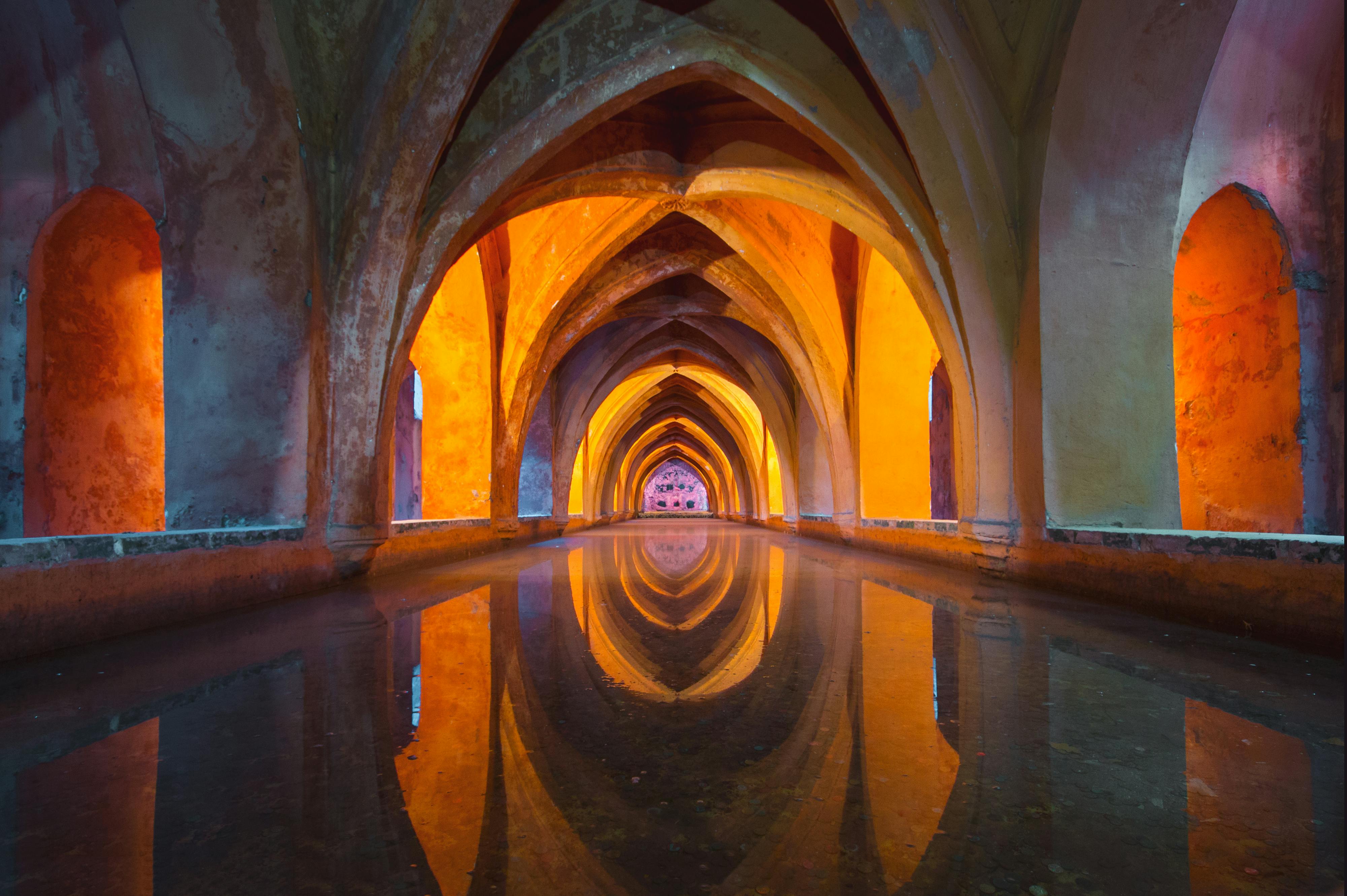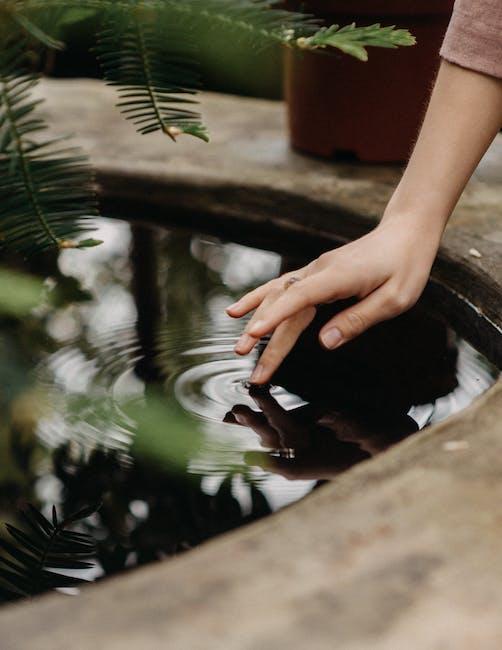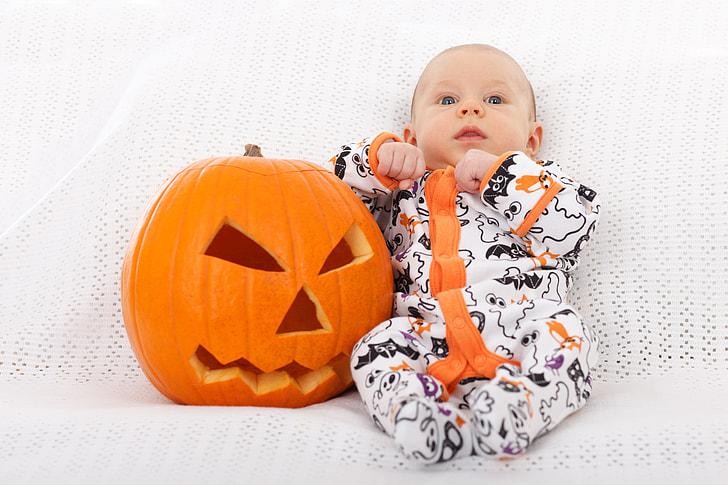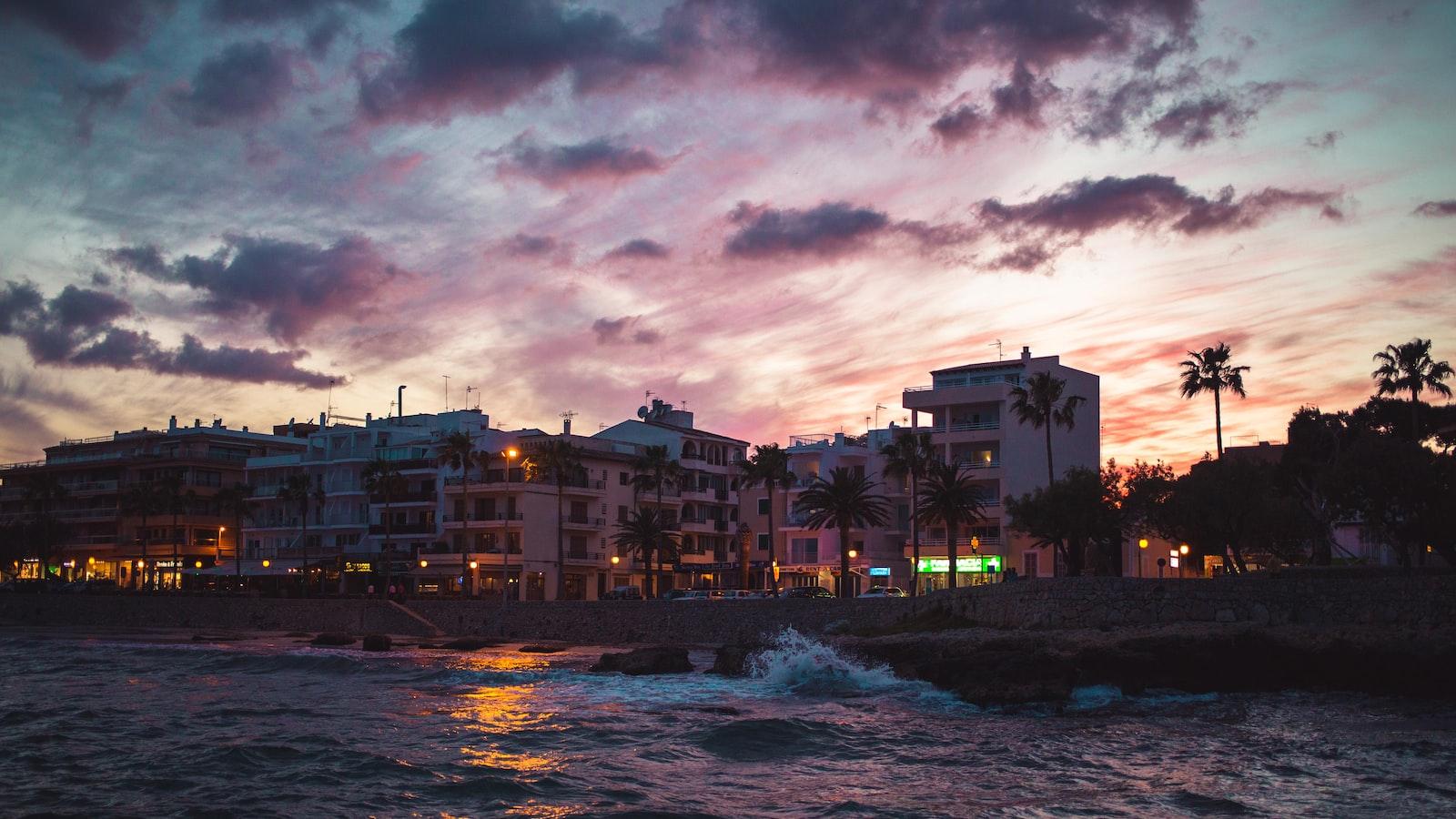It is important for parents to be aware of the safety of their baby’s water consumption. Well water can be a great source of clean and safe drinking water, but it is important to make sure that it is safe for babies. There are several factors to consider when determining whether or not well water is safe for babies, including the potential for contamination from bacteria or other toxins. This article will discuss the safety of well water for babies and provide tips on how to ensure it is properly treated and safe for consumption.The risks of well water for babies are numerous. Well water is not as regulated or tested as city water, so it may contain higher levels of contaminants, such as nitrates, bacteria, viruses, and other pathogens. These contaminants can be especially harmful to young babies whose immune systems are not yet fully developed. Additionally, well water may contain high levels of minerals such as iron and manganese which can cause stomach upset and diarrhea in babies. Finally, exposure to lead or arsenic in the well water can cause serious health complications for babies, including reduced IQ and behavioral problems.
Is It Safe To Use Well Water For Baby Formula?
The safety of using well water for baby formula depends on the quality and safety of the water. Well water is typically not treated in the same way that city tap water is, so it may contain contaminants and microorganisms that could be harmful for your baby’s health. As such, it is recommended that you have your well water tested before using it in any baby formula.
If your well water tests positive for any contaminants, you should not use it in your baby’s formula. Instead, you should opt to use bottled or filtered tap water that has been tested and certified safe for consumption. If you do decide to use well water, make sure to boil it first to ensure all bacteria are killed before mixing it with the formula powder.
When preparing baby formula with well water, be sure to follow instructions on the label of the formula carefully and measure out exact portions as outlined by the manufacturer. If you choose to use pre-mixed liquid formulas, make sure they are stored properly at all times as they can spoil quickly if not kept cool or refrigerated.
It’s also important to note that well water can vary in quality from one season to another; if there is a sudden change in taste or smell from your well water, it’s best to have it tested again before using it in baby formula. In general, however, if your well water tests safe for consumption and is boiled prior to mixing with the formula powder or liquid concentrate, then it should be safe for use in baby formula as directed by the manufacturer’s instructions.
Overall, when considering whether or not to use well water for your baby’s formula, always err on the side of caution and consult with a doctor or qualified professional before making any decisions about what type of water to use.
Is Boiled Well Water Safe For Babies To Drink?
Boiling water is one of the most effective ways to make it safe for drinking. Boiling water kills any bacteria or viruses that may be present in the water. When it comes to babies, it is always best to use boiled well water for their drinking needs. Boiled well water is safe and free from impurities and contaminants, making it a great choice for babies.
When boiling well water, ensure that the water is boiled for at least three minutes to ensure that any bacteria or viruses present are killed. Once the water has been boiled, let it cool before giving it to your baby. This will help prevent them from being burned by the hot liquid.
It is also important to check with your local health department or doctor before giving your baby well water. In some cases, well water may contain chemicals or minerals that can be harmful if ingested by a baby. If there are any concerns about the safety of the well water, it is best to opt for bottled or filtered water instead.
In addition to boiling the well water, you should also make sure that all utensils used with the boiled well-water are clean and free from bacteria or other contaminants. This includes bottles, sippy cups, and spoons used for feeding babies with boiled well-water.
Overall, boiled well-water can be a safe option for babies when properly prepared and monitored. Ensure that you boil the water for at least three minutes and let it cool before giving it to your baby. Additionally, check with your local health department or doctor if you have any concerns about the safety of the well-water before giving it to your baby.
Signs of Contaminated Well Water
The safety of your household water supply is an important concern. Contamination of your well water can occur from a variety of sources, including runoff from agricultural land, septic systems, and industrial waste. It is vital to recognize the signs of contaminated well water and to take measures to safeguard your family and the environment.
One common sign that your well water may be contaminated is a change in taste, odor, or color. If your water supply suddenly tastes or smells different than usual, it could be a sign that contaminants have entered the well. Additionally, if your tap water has become cloudy or discolored, it may be an indication that there is an issue with the quality of the water.
Another common sign that your well water may be contaminated is an increase in sediment or foreign objects in the water supply. Sediment can cause clogs within your plumbing system and can also give off a bad odor when it comes into contact with air. Additionally, if you notice any foreign objects such as insects or dirt within your tap water, it could indicate contamination.
If you are concerned that your well water may be contaminated, it is important to take action right away. Have a professional inspect your property to determine if any contaminants are present and identify any necessary steps for remediation. Additionally, have the quality of the well tested to ensure that there are no dangerous substances present that could potentially pose health risks for you and your family.
Taking appropriate measures to ensure safe drinking water can go a long way towards protecting yourself and others in the community from potential health risks associated with contaminated well water. By recognizing the signs of contamination and taking appropriate steps for remediation if needed, you can help protect yourself and those around you from potential health risks associated with unsafe drinking water supplies.
Ensuring Well Water Is Safe For Your Baby
It is important to ensure that the well water you provide for your baby is safe for them to drink. If your water comes from a private well, it is important to have it tested regularly for contaminants such as bacteria, nitrates, pesticides, and other chemicals. It is also important to test for lead and other metals.
You can have your water tested by a state-certified lab or by a private laboratory. The results of the testing will tell you what levels of contaminants are present in your water and whether they pose a health risk.
You should also check the pH level of your well water. The pH level measures how acidic or alkaline the water is and can affect the taste of your water as well as its safety for drinking. A pH level that is too low or too high can cause health problems and make the water unsafe to drink.
If the results of the tests show that your well water is contaminated, there are several ways to treat it and make it safe for drinking. A certified water treatment professional can install a filtration system in order to remove contaminants from your home’s drinking water supply. Other methods of treating contaminated well water include distillation, reverse osmosis, ultraviolet light treatment, and chlorination.
By having your well water tested regularly and taking steps to treat any contamination, you can be sure that your baby will receive safe drinking water from their own private well. This will help ensure their health and safety now and in the future.

Should I Have My Well Water Tested Before Giving It To My Baby?
It is important to ensure the safety of your baby, and one of the most effective ways to do so is to have your well water tested before giving it to your baby. Well water can contain contaminants like bacteria, viruses, and chemicals that can be harmful to a baby’s health. Testing the well water for these contaminants will help you identify any potential hazards and take steps to ensure your baby’s safety.
In order to have your well water tested, you should contact a professional who is certified by your state or local health department. The professional will be able to take samples of the water and test them for contaminants. Depending on the results of the tests, you may need to take further steps such as installing a filtration system or having a special type of treatment applied.
It is also important to regularly check the quality of your well water even if it has been tested in the past. Contaminants in well water can change over time due to things like weather changes or other sources of pollution in the area. Additionally, if you make any changes to your plumbing system or pump system, you should have your well water tested again just in case there are any issues with contamination.
Having your well water tested before giving it to your baby is one of the best ways to ensure their safety and keep them healthy. By taking this precautionary measure, you can rest assured that they are getting clean and safe drinking water free from any contaminants that could cause harm.




